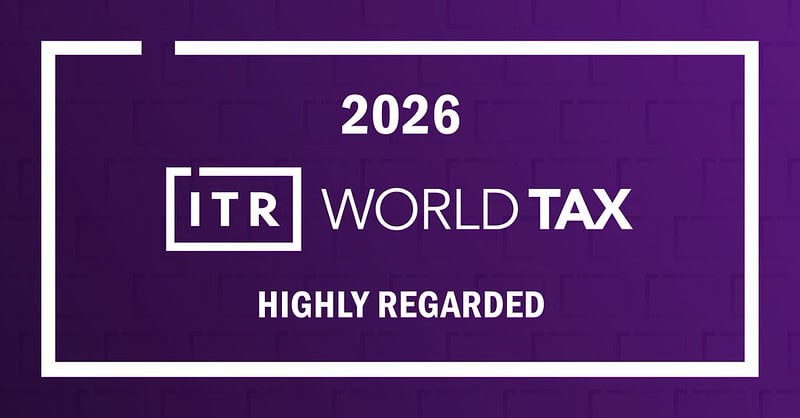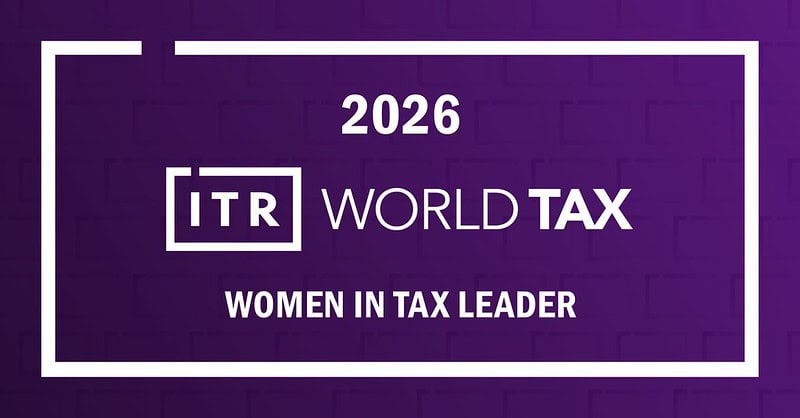Copyright protection is granted automatically upon the creation of a work, without the need for registration. In fact, many jurisdictions do not maintain an official copyright registry.
Under the Berne Convention, a copyrighted work created by an author in any member state will be recognized and protected in all other member states.
In cases of copyright infringement, the copyright owner must provide evidence as proof of ownership. The evidence may be in the form of an affidavit or affirmation made by the owner that may serve as the proof of copyright ownership.
Though copyright registration is not mandatory, some jurisdictions have official authorities or business organizations that offer voluntary copyright registration services. These entities will issue copyright registration certificates, which can serve as proof of ownership and the date of creation of the copyrighted work.
These official authorities or business organizations will typically issue copyright certificates within one to three months, provided all required documents are properly submitted and in order.
The table below shows the availabilities of copyright registration in Asia and other popular countries for your easy reference:
| Copyright Registration available in Asia | ||
| Jurisdictions | Registration Authorities | Remarks |
| Afghanistan | Ministry of Information and Culture of Afghanistan | Voluntary, provides proof of ownership. |
| China | China Copyright Protection Center (“CCPC”) | Voluntary but strongly recommended as it serves as prima facie evidence of ownership, in particular for software. |
| India | Copyright Office of India | Voluntary, establishes prima facie evidence of the facts contained on the registration certificate and may be used in court as proof of those facts. |
| Indonesia | Directorate General of Intellectual Property of Indonesia | Voluntary but highly recommended as it provides official proof of ownership, which is crucial in legal disputes involving copyright infringement. |
| Japan | Agency for Cultural Affairs | Voluntary, establishes presumption of facts contained in registration for use in court. |
| Korea (South) | Korea Copyright Commission | Voluntary, provides proof of ownership and date of creation. |
| Malaysia | Intellectual Property Corporation of Malaysia | Voluntary Notifications is to assist in providing prima facie evidence of ownership and evidence of date of creation, which aids the copyright owner to present to the court as proof of the facts made. |
| Pakistan | Copyright Office under the Intellectual Property Organization of Pakistan | Voluntary, provides official proof of ownership. |
| Philippines | National Library of the Philippines | Copyright Certification is issued for the purpose of giving information on the fact of copyright registration and deposit of the copyrighted work in the National Library of the Philippines. |
| Taiwan (not a member of Berne Convention) | Taiwan Copyright Association Taiwan Development & Research Academia of Economic & Technology (“TEDR”)# | Voluntary, provides prima facie evidence of ownership and date of creation. #Copyright registration with the TEDR is subject to payment of annual fees starting from the 2nd year onwards. Otherwise, the TEDR will destroy the copyright work file and only retain the certificate on their record. |
| Thailand | Department of Intellectual Property of Thailand | Voluntary, provides official proof of ownership. |
| Vietnam | Copyright Office of Vietnam | Voluntary, provides official proof of ownership. |
| Copyright Registration available in other popular countries | ||
| Jurisdictions | Registration Authorities | Remarks |
| Canada | Canadian Intellectual Property Office | Voluntary, provides copyright owners with the official proof of ownership in case of infringement |
| US | United States Copyright Office | Voluntary, but copyright registration is still necessary for U.S. copyright owners to sue for infringement in federal court. For foreign copyright owners, it is only required when suing. However, copyright owners cannot claim statutory damages and/or attorney’s fee for pre-registration infringements. |
| France | National Institute of Industrial Property* OR via voluntary deposit (1) Société des Auteurs et Compositeurs Dramatiques (SACD) (for dramatic works); (2) Société des Auteurs, Compositeurs et Éditeurs de Musique (SACEM) (for musical works) ^ | * Voluntary, provides official proof of ownership ^ SACD and SACEM assist their members (copyright owners) to collect the royalties pertaining to the exploitation of their works. |
| Portugal | General Inspection of Cultural Activities | Voluntary, provides official proof of ownership |
| Spain | Spanish Intellectual Property Registry | Voluntary, provides official proof of ownership |
How We Can Help
We can assist clients in preparing affidavits or affirmations as proof of ownership for their copyrighted works. Additionally, our Shanghai office holds a registered account with the CCPC, allowing us to directly facilitate copyright recordal in China on behalf of our clients.
Disclaimer: This article is for reference only. Nothing herein shall be construed as Hong Kong legal advice or any legal advice for that matter to any person. Oldham, Li & Nie shall not be held liable for any loss and/or damage incurred by any person acting as a result of the materials contained in this article.
 香港中环雪厂街二号圣佐治大厦五楼503室
香港中环雪厂街二号圣佐治大厦五楼503室 +852 2868 0696
+852 2868 0696











